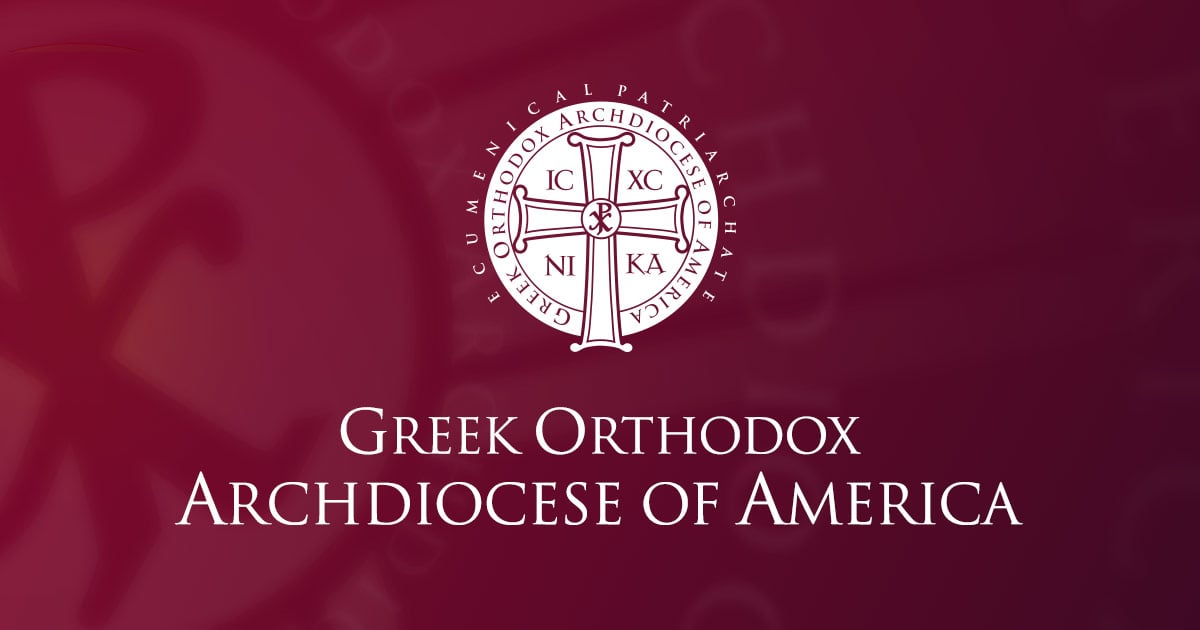Understanding the Spiritual Significance of Fasting During Lent
And When You Fast - Greek Orthodox Archdiocese of America - Greek Orthodox Archdiocese of America 🔗

Fasting during Lent in the Orthodox tradition is often misunderstood as mere deprivation, but it is intended as a spiritual discipline that aids in repentance and personal growth. The practice of fasting helps individuals gain control over their passions, such as hunger, anger, and greed, ultimately leading to greater self-discipline and a closer relationship with God. The guidelines for fasting include abstaining from meat, fish, dairy, oil, and wine during specific periods, and there are various levels of fasting to accommodate different individuals. Importantly, fasting should not be a source of pride or judgment towards others; rather, it is a private matter between the individual and God. Lent is viewed as a time for making lasting changes in one's life, rather than simply giving up things temporarily.
- Fasting is a tool for spiritual growth, not just a form of deprivation.
- It involves controlling passions and behaviors that lead to sin.
- Different levels of fasting allow for gradual adaptation to the practice.
- Lent focuses on repentance and permanent changes in one’s life.
What is the main purpose of fasting during Lent?
Fasting during Lent is intended to assist in spiritual growth and repentance, helping individuals gain control over their passions and behaviors that can lead to sin.
How does the Orthodox Church view fasting?
The Orthodox Church views fasting as a spiritual discipline rather than a form of deprivation, emphasizing personal growth and a deeper relationship with God.
Can fasting be adjusted for beginners?
Yes, beginners are encouraged to start with simpler fasting practices, such as abstaining from meat on Wednesdays and Fridays, and then gradually increasing their fasting efforts over time.